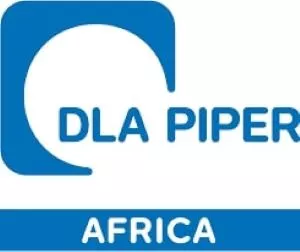Corporate reporting in Nigeria is set to undergo a transformation.
Nigeria was the first African country to formally signal its early adoption of the inaugural IFRS Sustainability Disclosure Standards. IFRS S1 General Requirements For The Disclosure Of Sustainability-Related Financial Information and S2 Climate-Related Disclosures, were launched by the International Sustainability Standards Board on 26th June 2023. These standards provide a first-time global baseline of sustainability-related disclosures for the capital market, and companies no longer have to deal with the headache of choosing between an array of sustainability standards to report against.
IFRS S1 requires a company to disclose information about sustainability-related risks and opportunities that is useful to investors and other users of financial reports when they make decisions relating to the provision of resources to the company.
IFRS S2 requires a company to disclose information about its climate-related risks and opportunities that is useful investors and other users of financial reports when they make decisions relating to the provision of resources to the company. (Read more)
While early voluntary adoption is allowed, the two standards will be applicable to reporting periods falling on or after 1st January 2024. The Financial Reporting Council of Nigeria (FRC) is currently working on the agenda, specific steps, and guidelines for the local implementation of the standards. In the meantime, Nigerian listed companies should ensure they are prepared for this new era of disclosures by evaluating internal systems and processes for collecting, aggregating, and validating sustainability-related information across their organisations and their value chains. In line with the standards, they must equip themselves to be in a position to provide comparable, timely, verifiable, and understandable information on:
- Governance - their governance processes, controls, and procedures they use to monitor and manage climate and sustainability-related risks and opportunities;
- Strategy - their approach to managing climate and sustainability- related risks and opportunities;
- Risk Management - the processes they use to identify, assess, prioritise, and monitor climate and sustainability-related risks and opportunities; and
- Metrics & Targets - their performance in relation to climate and sustainability-related risks and opportunities, including progress towards any set targets.
Our Sustainability Governance Team is committed to guiding you through this transformative journey. Contact us for information or advice at corporate@oo.dlapiperafrica.com
The content of this article is intended to provide a general guide to the subject matter. Specialist advice should be sought about your specific circumstances.


